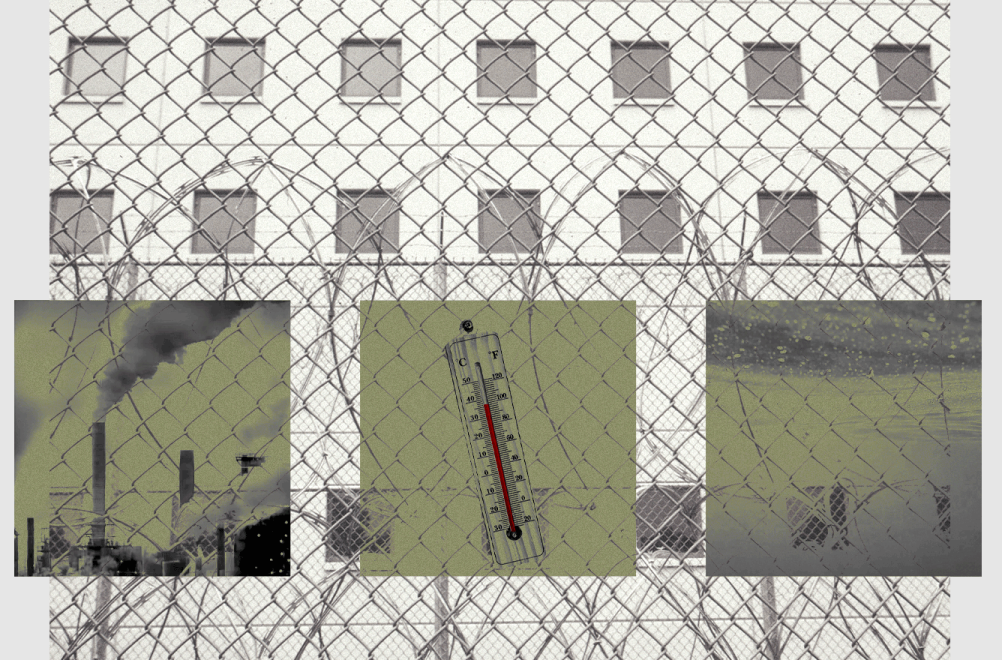Proposed Legislation Requires Prisons Disclose Environmental Risk
Hundreds of US carceral facilities are within 3 miles of Superfund sites

The Environmental Health in Prisons Act, introduced by Senator Ed Markey (D-Massachusetts) and Congresswoman Ayanna Pressley (D-MA07), aims to address the impact of environmental stressors on U.S. prison populations. This legislation proposes the establishment of an independent advisory panel to research and recommend policies for federal prisons, jails, and detention centers to mitigate environmental threats and improve health outcomes. According to a 2017 study, hundreds of these facilities are within three miles of Superfund sites with toxic waste and pollutants.
If passed, federal agencies like the Bureau of Prisons and U.S. Immigration and Customs Enforcement would be required to report on environmental stressors such as extreme temperatures and substandard drinking water in facilities. The bill highlights the hazardous work conditions inmates face, often without proper protective gear or safety protocols.
While the bill is largely focused on federal facilities, it also would create a grant program for state, local and tribal carceral facilities to gather data in state prisons and jails that also contend with inadequate conditions. At least 13 states in the South and Midwest lack universal air conditioning in their prisons, according to the Prison Policy Initiative, a research and advocacy nonprofit. And nearly half of all U.S. prisons are situated downstream from water sources likely contaminated with so-called forever chemicals, putting nearly a million incarcerated people at risk of long-term negative health effects, a UCLA researcher said in a study this year.
Supporters of the bill argue that gathering environmental health data in federal facilities is long overdue. They view the racial disparities in prisons and the treatment of inmates as extensions of broader environmental injustices impacting Black and brown communities. William Ragland, an inmate leader, notes that toxic prison environments perpetuate the pollution affecting marginalized communities nationwide.
Markey and Pressley, along with incarcerated members of the African American Coalition Committee at Norfolk-MCI, emphasized the need to ensure clean air, water, and dignified living conditions for inmates. The bill asserts the fundamental right to a safe and healthy environment for the incarcerated.
"As we work to reduce the number of people behind bars, we must also ensure that those currently incarcerated have access to clean air, water and living environments, are treated with dignity and respect, and can live in conditions that aren't dangerous and dehumanizing," said Senator Markey.
"Incarcerated people get the bottom of the barrel when it comes to food, healthcare and environmental protection. But these inequities aren't just hurting people behind bars," William Ragland, an inmate who heads the African American Coalition Committee at MCI-Norfolk, said in a statement. "Toxic prison environments are just a continuation of the pollution that affects many Black communities in Massachusetts and across the country."
You can read the official press release from Senator Markey's office -->> Senator Markey, Rep. Pressley Introduce Environmental Health in Prisons Act










